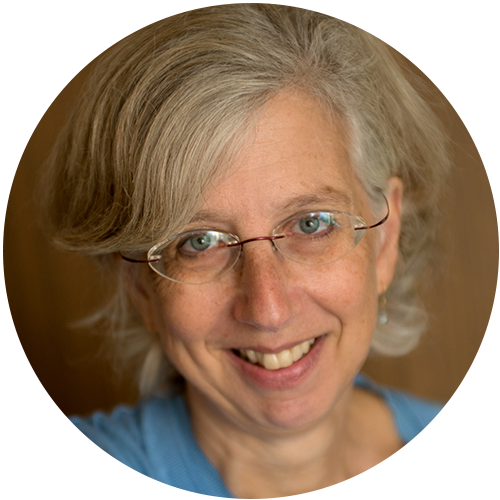Monica Heller, curator of Items’ “Sociolinguistic Frontiers,” concludes the series with a reflection on the ways in which the field has both advanced and obscured understandings of how linguistic inequality is related to broader hierarchies of power. The great accomplishment of sociolinguistics—its liberal and scientific claims that all languages are equal in value—did little to engage how inequalities between different groups of speakers were reproduced. Heller argues that the scholarly techniques for measurement and commensuration that allowed the formal comparison of language has neglected to ask how language “continues to serve as a terrain for the making of social difference and social inequality.” She concludes with thoughts for how future sociolinguistics agendas might address this gap.














